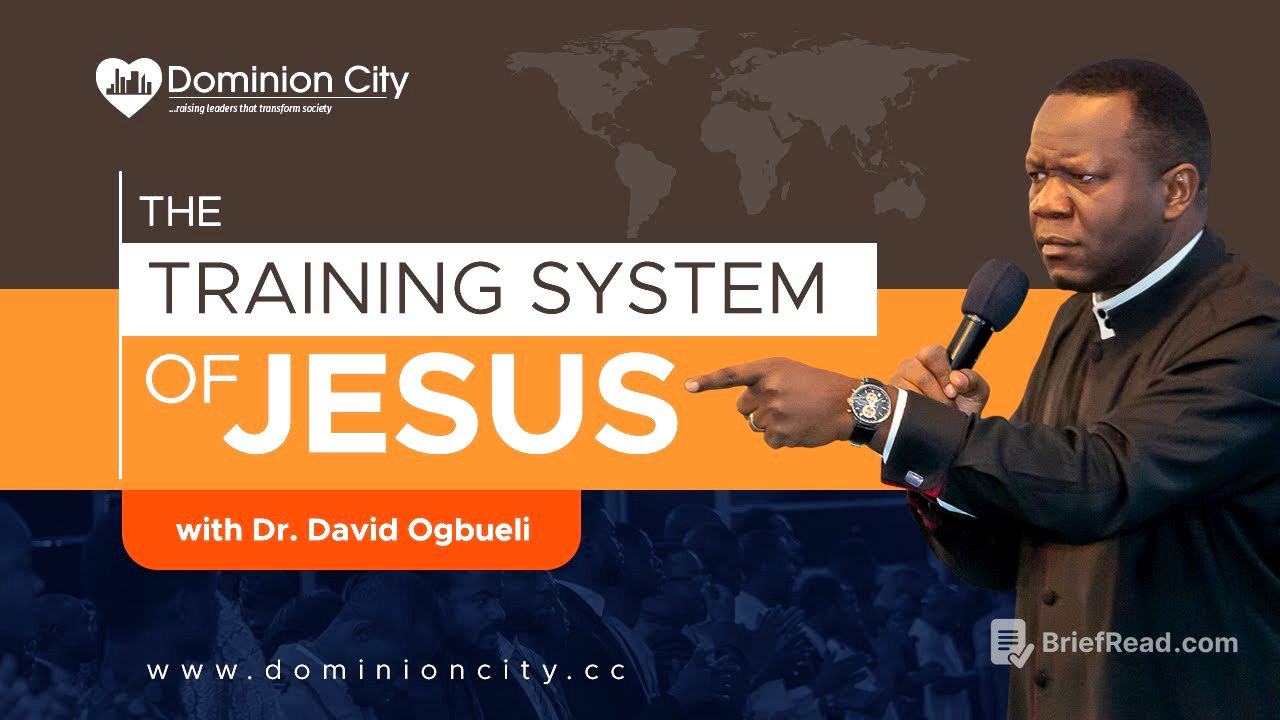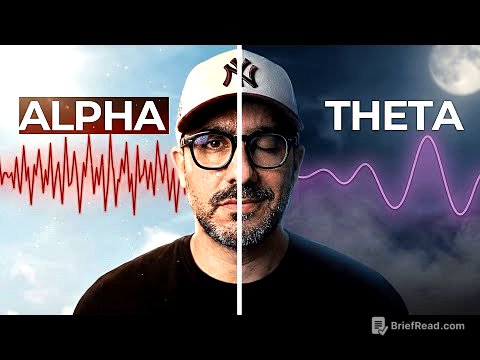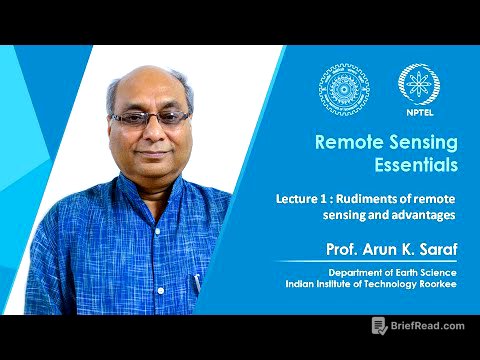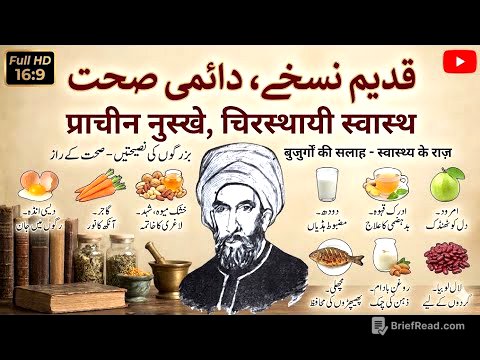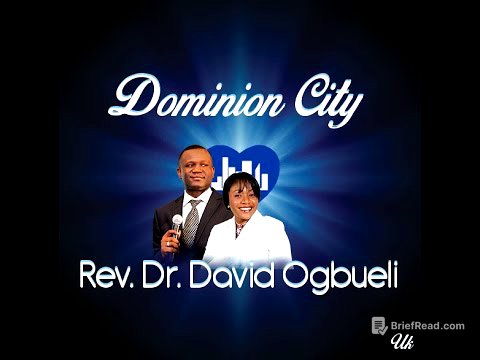TLDR;
This video discusses the importance of "fishing with nets" rather than "fishing with a hook" in evangelism, advocating for reaching entire families, social networks, and communities instead of just individuals. It emphasises discipleship and the need for a strategic, intentional approach to spreading the Gospel, using examples from the New Testament and Old Testament to illustrate how reaching key individuals can unlock entire groups. The video also touches on the necessity of building a persecution-resistant church through small groups and house-to-house ministry, preparing for the challenges of the last days.
- Focus on group evangelism rather than individual conversions.
- Utilise new believers to reach their social networks.
- Implement multiple church planting and small group strategies.
- Prepare for persecution by building resilient, community-based churches.
Introduction: Fishing with Nets vs. Fishing with Hook [0:05]
The speaker introduces the concept of "fishing with nets" as a more effective strategy for evangelism compared to "fishing with a hook." He references Luke chapter five, highlighting Jesus's instruction to let down nets for a draught. The point is made that while individual evangelism (fishing with a hook) yields one convert at a time, using nets allows for the capture of entire groups, potentially saving whole communities and nations. The speaker stresses that the strategy Jesus taught his disciples was to use nets to win cities and nations.
The Power of Nets: Reaching Families and Communities [4:40]
The speaker explains that "nets" represent reaching people in families and social networks, not just extracting individuals. Examples from the New Testament, such as the woman of Samaria and Zacchaeus, are used to illustrate how one person's conversion can lead to the salvation of many. The speaker emphasises the importance of using new believers to reach their entire social circle, rather than keeping them isolated in the church. He encourages using every opportunity, such as birthdays and housewarmings, as a chance to share the Gospel with entire social networks.
Biblical Examples: Cornelius, the Roman Jailer, and Levi [9:59]
The speaker continues to provide biblical examples to support the "nets" strategy. The conversion of Cornelius led to his entire household being saved, and the Roman jailer's salvation resulted in his whole family believing. Similarly, Levi (Matthew) invited all his fellow tax collectors to a gathering where they could encounter Jesus. These examples highlight the importance of targeting entire households and social networks for evangelism, rather than focusing solely on individual conversions.
Old Testament Parallels: Noah, Joshua, Rahab, and Lot [15:59]
The speaker draws parallels from the Old Testament, noting that Noah brought his entire family into the ark, Joshua declared that he and his household would serve the Lord, Rahab saved her family by bringing them into her house, and the angels urged Lot to gather his family and in-laws before the destruction of Sodom and Gomorrah. These examples reinforce the idea that God is interested in saving families and communities, not just individuals.
Practical Application: Retraining and Releasing Believers [17:42]
The speaker urges pastors to retrain their people and release them to evangelise their communities. He emphasises that the whole city is the parish, not just the church building. He encourages believers to take the initiative and start sharing their faith without waiting for permission. The speaker advocates for multiple church planting and the establishment of small groups, cells, and disciple bible studies everywhere.
Taking Drastic Action: Evangelism as a Collective Responsibility [20:41]
The speaker calls for a drastic shift in how the church approaches evangelism, advocating for it to be a collective responsibility rather than the domain of a select group. He suggests that after Sunday service, the entire church should move out in groups to cover every street and corner of the city, providing practical assistance and sharing the Gospel. This 90-day initiative aims to create a new culture of evangelism within the church.
Identifying and Utilising Influencers [24:57]
The speaker discusses the importance of identifying and utilising influencers in society, such as community leaders, kings, and government officials, to spread the Gospel. He uses the example of the Church Missionary Society in Onitsha, which gained access and influence through a key local figure. However, he balances this by emphasising that the focus should be on whomever God is opening doors to, whether they are in positions of authority or not, and using them to reach their respective networks.
Preparing for the Last Days: Building a Persecution-Resistant Church [28:54]
The speaker stresses the urgency of the present time, noting that "night is coming when no one can work." He highlights the importance of small groups and discipleship in sustaining the church during lockdowns and potential future persecutions. He calls for building a last-days, persecution-resistant church that can thrive even in the midst of tribulation, emphasising that the small group strategy is God's endgame.
